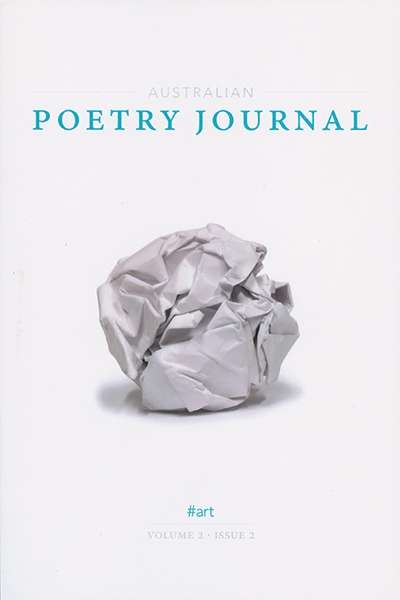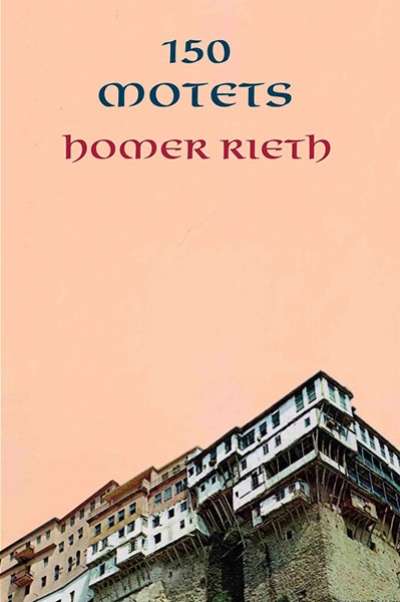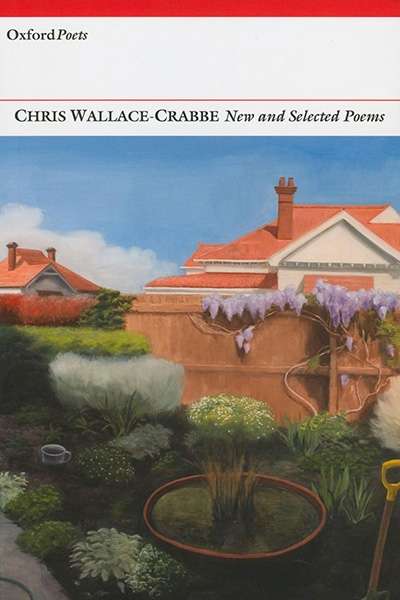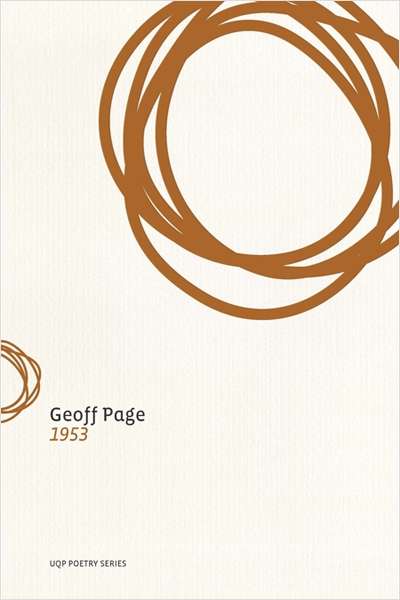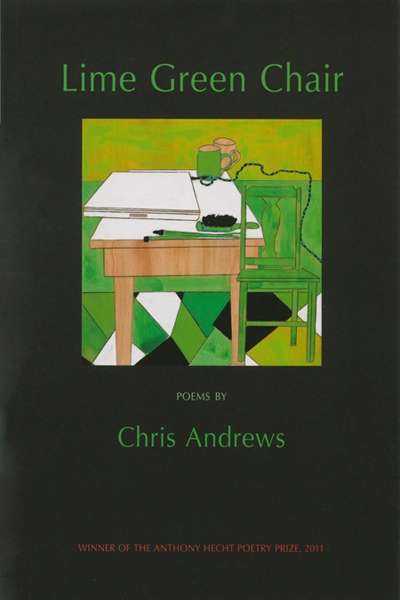First, I will bore you with some Chris Wallace-Crabbe statistics. Born in 1934, he has thirty-three ‘new’ poems in his New and Selected Poems, which is an average of about seven poems a year since his last volume, Telling a Hawk from a Handsaw (2008). That is a lot of poems for the second half of a poet’s eighth decade, a time when many run dry. The ‘selected’ part of this volume draws from fourteen volumes (he has 681 poems on the Australian Poetry Library website). With earlier volumes, he has sometimes selected as few as two or three poems from each. With later volumes he has been less strict. For example, from the forty-three poems of For Crying Out Loud (1990) he has included eleven in New and Selected Poems. But in making this selection he has omitted some very good poems, which are worth preserving, such as his ten ‘Sonnets to the Left’ from I’m Deadly Serious (1988).
...
(read more)





